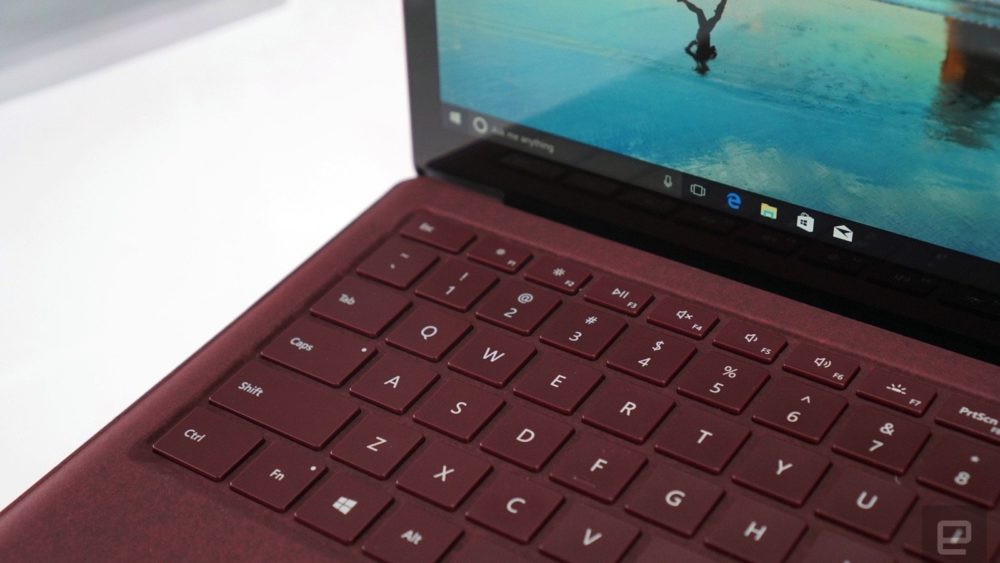This column highlights some of the more notable recent online notices, newsletters, and blogs dealing with IP prosecution issues.
IPWatchdog – a patents and patent law blog – IPwatchdog.com
* On August 26, 2018, Russell Slifer described the Patent Trial and Appeal Board (PTAB) recent update to its Trial Practice Guide (https://www.uspto.gov/sites/default/files/documents/2018_Revised_Trial_Practice_Guide.pdf), such as the authorization of sur-replies. (http://www.ipwatchdog.com/2018/08/26/updated-ptab-trial-practice-guide-not-quite-there/id=100688/)
* On September 22, 2018, Joseph Robinson, Dustin Weeks, and Robert Schaffer provided insight into a Federal Circuit case, Orexo AB v. Actavis Elizabeth LLC, No. 2017-1333, 2018 WL 4288961, at *1 (Fed. Cir., Sep. 10, 2018) (http://www.cafc.uscourts.gov/sites/default/files/17-1333.Opinion.9-10-2018.pdf) reversed the district court finding of obviousness for an opioid addiction treatment patent. The court stated that a proper obviousness analysis is “not whether the various references separately taught components of the [patent] formulation, but whether the prior art suggested the selection and combination achieved by the inventors.” (http://www.ipwatchdog.com/2018/09/22/invalidation-orexos-opioid-patent-obvious-reversed/id=101585/).
* On September 23, 2018, Robert Schaffer , Joseph Robinson, and Dustin Weeks discussed how obviousness considerations differ regarding apparatus claims and method claims, from reviewing a Federal Circuit case, ParkerVision Inc. v. Qualcomm, Inc., No. 2017-2012, 2013, 2014, 2074 (Fed. Cir., Sep. 13, 2018) (http://www.cafc.uscourts.gov/sites/default/files/opinions-orders/17-2012.Opinion.9-13-2018.pdf) (http://www.ipwatchdog.com/2018/09/23/invalidate-method-claims-challenger-capable-of/id=101633/).
Patently-O – a blog written by Dennis Crouch – www.patentlyo.com.
* On October 1, 2018 post, Professor Dennis Crouch discussed the pitfalls when “playing tricks with multiple patents and lots of priority claims.” The case, Natural Alternatives v. Iancu, No. 2017-1962 (Fed. Cir., Oct. 1, 2018) (http://www.cafc.uscourts.gov/sites/default/files/opinions-orders/17-1962.Opinion.10-1-2018.pdf) serves as a helpful reminder to avoid errors in claiming priority. The patentee amended the fifth application to delete claim to priority to the first through the fourth application, to instead start the patent term clock with a later provisional patent application. This change broke the chain of priority for the sixth, seventh, and eighth patent applications, such that the eighth patent application was rejected based on the first patent now being prior art. (https://patentlyo.com/patent/2018/10/priority-unforced-claiming.html).
* In an October 11, 2018 post, Professor Dennis Crouch discussed a PTAB decision, Ex parte Bolivar, Appeal 2017-003747, Application No. 12/814,020 (PTAB, Sep. 28, 2018) (https://cdn.patentlyo.com/media/2018/10/DwellTimePTABDecision.pdf), finding a patent claim for a list of listings ranked by “dwell time” to be patent eligible. The “dwell time” is the “elapsed amount of time one or more users view a page describing a listing.” The PTAB considered “dwell time” to be a uniquely “internet-centric challenge” and not merely “some business practice known form the pre-Internet world.” In BSG Tech v. BuySeasons, Inc., 2017-1980 (Fed. Cir., Aug. 15, 2018) (http://www.cafc.uscourts.gov/sites/default/files/opinions-orders/17-1980.Opinion.8-15-2018.pdf ), a self-referencing database was considered not patent eligible. (https://patentlyo.com/patent/2018/10/internet-therefore-eligible.html)
USPTO – United States Patent and Trademark Office, uspto.gov
* On October 3, 2018, the USPTO announced that the After Final Consideration Pilot 2.0 (AFCP 2.0) program is extended through September 30, 2019. The idea of the AFCP 2.0 is to give the applicant one more chance to amend claims, hold an examiner interview, and perhaps obtain claim allowance if the examiner’s professional judgment concurs. (https://www.uspto.gov/patent/initiatives/after-final-consideration-pilot-20?utm_campaign=subscriptioncenter&utm_content=&utm_medium=email&utm_name=&utm_source=govdelivery&utm_term=).
* On October 11, 2018, the Patent Trial and Appeal Board (PTAB) issued a final rule on claim construction changes for interpreting claims in AIA trial proceedings (e.g., IPR, PGR, CBM) (https://www.uspto.gov/sites/default/files/documents/2018_Revised_Trial_Practice_Guide.pdf). As stated in the summary of the final rule change (https://www.uspto.gov/patents-application-process/patent-trial-and-appeal-board/procedures/ptab-issues-claim-construction), the final rule replaced the “broadest reasonable interpretation” (BRI) standard for the same claim construction standard supplied in Phillips v. AWH Corp., 415 F.3d 1303 (Fed. Cir. 2005).
For more information about any of the patent topics mentioned consult Patent Application Practice. Trademark topics are discussed in Trademark Registration Practice. Both are published by West and updated twice a year. For patent prosecution or litigation questions, contact Fred Douglas at 949/293-0442 or by email at fdouglas@cox.net.




Comments are closed.